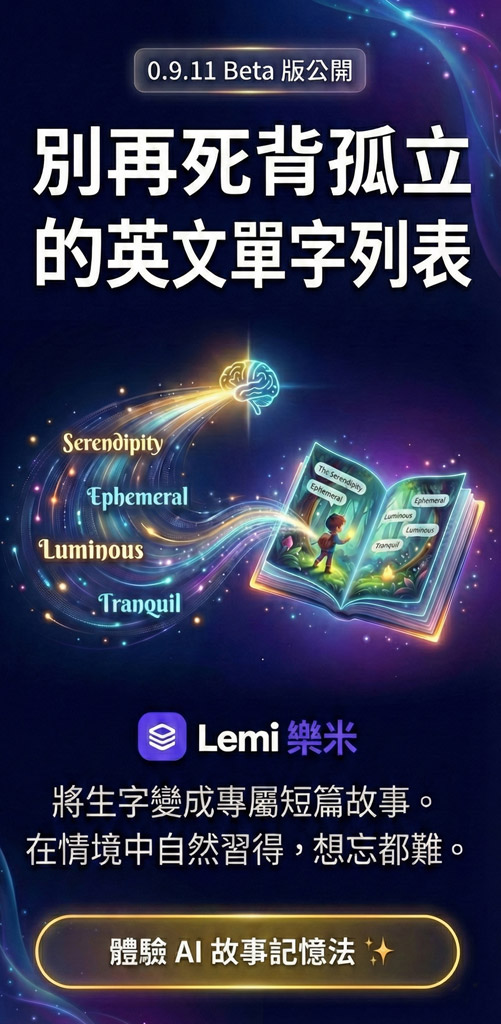CSS3 :target 選擇器
定義和用法
URL 後面帶有錨名稱#(錨點),指向文檔內某個具體的元素。這個被鏈接的元素就是目標元素(target element)。

:target 選擇器可用於選取當前活動的目標元素。
:target CSS 代表一個唯一的元素(目標元件用)id匹配的URL的片段。
/ *選擇一個ID與當前URL片段匹配的元素* /
:target {
border : 2px solid black ;
}例如,下面的URL有一個片段(用#符號表示)指向一個名為section2:
http://www.example.com/index.html#section2:target可用於突出顯示已鏈接到從內容表頁的部分。
HTML
<h3>Table of Contents</h3>
<ol>
<li><a href="#p1">Jump to the first paragraph!</a></li>
<li><a href="#p2">Jump to the second paragraph!</a></li>
<li><a href="#nowhere">This link goes nowhere,
because the target doesn't exist.</a></li>
</ol>
<h3>My Fun Article</h3>
<p id="p1">You can target <i>this paragraph</i> using a
URL fragment. Click on the link above to try out!</p>
<p id="p2">This is <i>another paragraph</i>, also accessible
from the links above. Isn't that delightful?</p>CSS
p:target {
background-color: gold;
}
/* Add a pseudo-element inside the target element */
p:target::before {
font: 70% sans-serif;
content: "►";
color: limegreen;
margin-right: .25em;
}
/* Style italic elements within the target element */
p:target i {
color: red;
}See the Pen The :target pseudo-class can be used to highlight the portion of a page that has been linked to from a table of contents. by Leon Cheng (@jq153387) on CodePen.
利用純CSS3:target選擇器做出lightbox
您可以使用:target不使用任何JavaScript的來創建lightbox。這種技術依賴於錨點鏈接指向最初隱藏在頁面上的元素的能力。一但針對該錨點,CSS就會改變display以顯示它們。
Note: GitHub(demo)提供了一個更多更完整的:target的純CSS的lightbox方法
HTML
<ul>
<li><a href="#example1">Open example #1</a></li>
<li><a href="#example2">Open example #2</a></li>
</ul>
<div class="lightbox" id="example1">
<figure>
<a href="#" class="close"></a>
<figcaption>Lorem ipsum dolor sit amet, consectetur adipiscing elit.
Donec felis enim, placerat id eleifend eu, semper vel sem.</figcaption>
</figure>
</div>
<div class="lightbox" id="example2">
<figure>
<a href="#" class="close"></a>
<figcaption>Cras risus odio, pharetra nec ultricies et,
mollis ac augue. Nunc et diam quis sapien dignissim auctor.
Quisque quis neque arcu, nec gravida magna.</figcaption>
</figure>
</div>CSS
/* Unopened lightbox */
.lightbox {
display: none;
}
/* Opened lightbox */
.lightbox:target {
position: absolute;
left: 0;
top: 0;
width: 100%;
height: 100%;
display: flex;
align-items: center;
justify-content: center;
}
/* Lightbox content */
.lightbox figcaption {
width: 25rem;
position: relative;
padding: 1.5em;
background-color: lightpink;
}
/* Close button */
.lightbox .close {
position: relative;
display: block;
}
.lightbox .close::after {
right: -1rem;
top: -1rem;
width: 2rem;
height: 2rem;
position: absolute;
display: flex;
z-index: 1;
align-items: center;
justify-content: center;
background-color: black;
border-radius: 50%;
color: white;
content: "×";
cursor: pointer;
}
/* Lightbox overlay */
.lightbox .close::before {
left: 0;
top: 0;
width: 100%;
height: 100%;
position: fixed;
background-color: rgba(0,0,0,.7);
content: "";
cursor: default;
}See the Pen Pure-CSS lightbox by Leon Cheng (@jq153387) on CodePen.
資料翻譯參考來源:http://devdocs.io/css/:target

